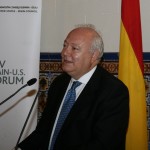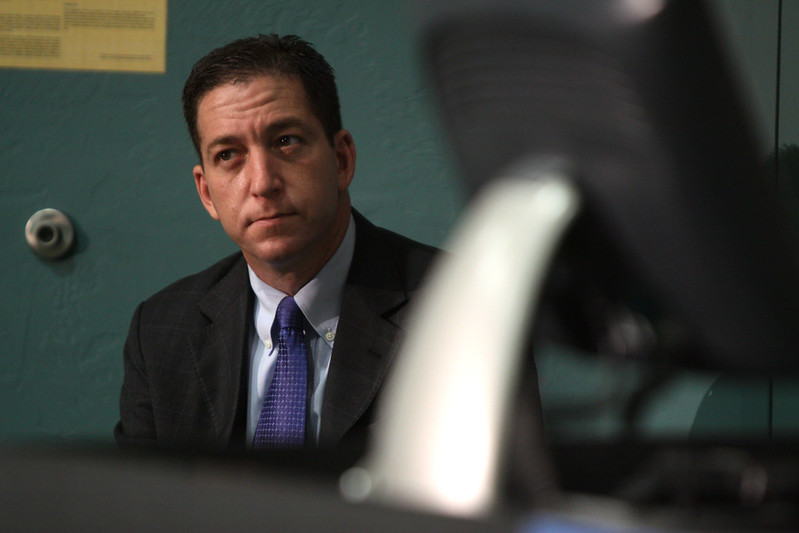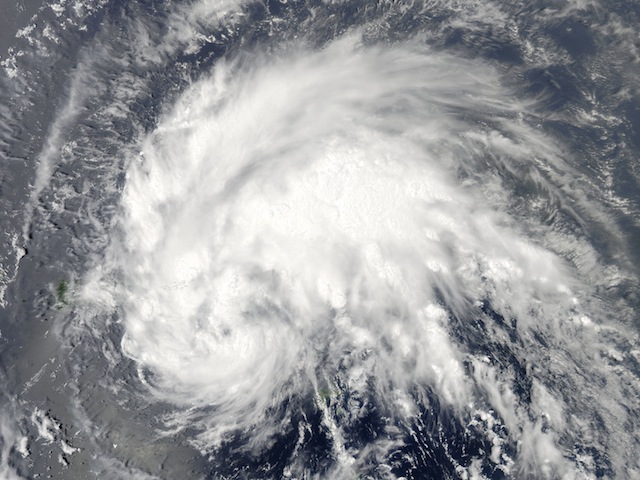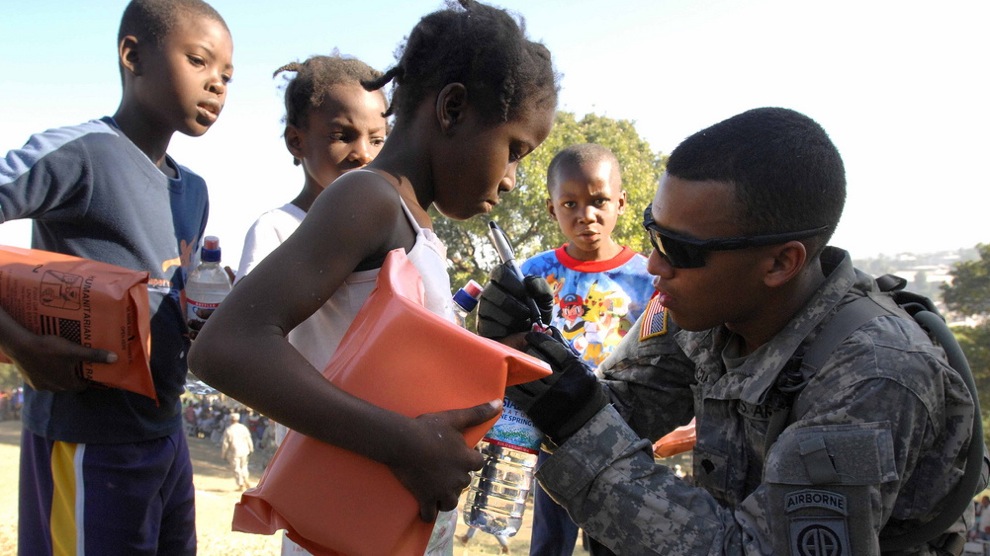
Latin America: Week in Review
Spain To Take Five Detainees From U.S. Prison At Guantánamo Bay, Cuba
February 16, 2010 By Staff
Today in Latin America
Top Story — Spain plans to accept five detainees held at the U.S. military prison at Guantánamo Bay, Cuba from the United States. Spanish officials said they already planned to take two detainees, a Yemeni and a Palestinian, and will review files concerning three more.
The detainees will not pose a security threat to Spain and transfers from the detention center in Cuba to Spain “will be done with all the legal guarantees so as to defend the security situation that our country requires,” according to Spanish Foreign Minister Miguel Ángel Moratinos.
The move to take these detainees is seen as a way to restore better relations between Spain and the United States, which were frayed when Spain removed troops from Iraq in 2004 and again when President Barack Obama said this month that he would not attend a United States – European Union summit in May, in which Spain would host as the E.U.’s bloc president.
Other European countries have also made commitments to take detainees, including Latvia and Bulgaria. In the last year nine European countries took detainees from the prison.
There are currently 192 detainees still at Guantánamo Bay, but 110 are already cleared resettlement or repatriation.
For more information on the detainees at Guantánamo, see Pro Publica’s investigative reporting at “Detention Dilemma.”
Headlines from the Western Hemisphere
North America
- A group of immigration reform advocates launched a five-day road trip to campaign for immigration reform.
- The Mexican media group Televisa acquired a stake in in Nextel Mexico. Telvisa paid $1.44 billion for the 30 percent stake.
Caribbean
- Canadian Prime Minister Stephen Harper announced that his government would build a temporary base for the Haitian government, many of whose buildings were destroyed by the Jan. 12 earthquake.
Central America
- After a visit by Russian Foreign Minister Sergei Lavrov to Nicaragua the two countries plan to hold joint military exercises in the Central American country. Russia previously held military exercises in Venezuela in 2008, a move that drew criticism from the United States. Lavrov also visited Guatemala to discuss bilateral ties.
Andes
- Colombian FARC guerillas attacked a convoy carrying a candidate for governor of the country’s Guaviare province, killing five people and wounding four including the candidate, José Alberto Pérez.
- Venezuelan authorities found 28 aircraft allegedly used to smuggle drugs in the country’s central Guarico state.
- Production at two gold mines and a silver mine were halted due to a strike by workers. The company, Buenaventura, says that it will not engage in talks with the striking workers.
- A Catholic archbishop in Bolivia asked citizens to avoid excessive alcohol consumption and act morally and physically respectful to others during this week’s Carnival celebrations.
- Peru’s gross domestic product (GDP) expanded by 6.38 percent in December of last year.
Southern Cone
- The Association of Free Consumers called for a boycott of Argentine beef in order to lower prices.
- Almost as many Chileans registered for a divorce as for a marriage in 2009. Divorce was legalized in Chile in 2005.
- Despite new laws punishing the act with up to two years in prison, 223 people had been arrested by Monday in Brazil for urinating in public, including ten women. Brazil is currently celebrating carnival.
- Fidel Zavala’s kidnapping in Concepción, Paraguay, last year by a guerrilla group called the Paraguayan Peoples’ Army (EPP in Spanish) highlights the extent of the region’s poverty. (Spanish only)
Image: USEmbassyMadrid @ Flickr.





